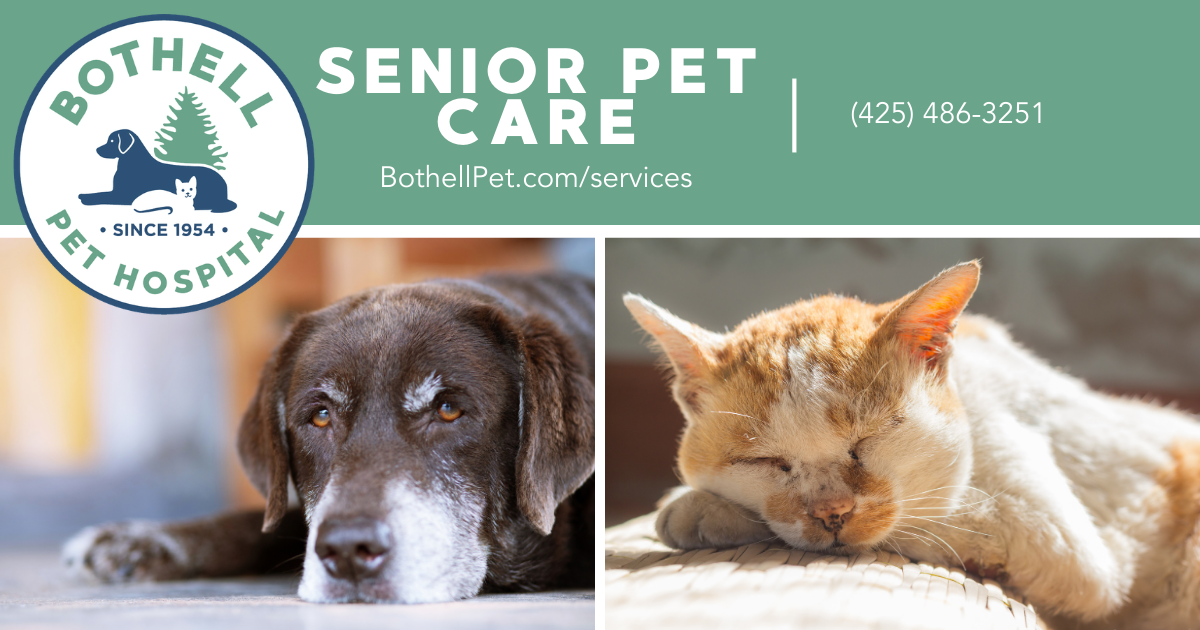Rise by Six: Your Daily Dose of Inspiration
Explore insights and stories that elevate your day.
Golden Years, Silver Snouts: Cherishing Our Senior Pets
Discover heartwarming tips and stories to celebrate your senior pets in their golden years—because they deserve all the love!
Understanding the Unique Needs of Senior Pets: Essential Care Tips
As our furry companions age, their needs change significantly, making it essential to understand the unique requirements of senior pets. Aging pets often face various health challenges, including arthritis, dental issues, and decreased mobility. Understanding the unique needs of senior pets ensures that we can provide them with the best possible care. Regular veterinary check-ups, tailored nutrition, and suitable exercise plans are critical components in maintaining their health and happiness. Additionally, creating a comfortable living environment with easy access to essentials can greatly enhance their quality of life.
Transitioning to a senior pet's care involves being proactive about their health. Essential care tips include incorporating joint supplements into their diet, offering softer food options for those with dental problems, and ensuring they receive gentle yet regular exercise. Regular monitoring of their weight and behavior can also help identify potential health issues early. Most importantly, providing them with patience, love, and understanding will foster a strong bond during this stage of their life. Remember, senior pets may need a bit more time, but the joy they bring continues to be immeasurable.

The Joys and Challenges of Caring for Aging Pets: A Comprehensive Guide
Caring for aging pets can bring immense joy as you cherish the time spent together, but it also presents unique challenges that require patience and understanding. As pets age, they may develop various health issues, and their routines often change. It's vital for pet owners to stay informed about common senior pet ailments such as arthritis, cognitive dysfunction, and dental disease. Regular veterinary check-ups become even more essential, not only to monitor the overall health of your furry friend but also to address any emerging concerns. Creating a comfortable environment tailored to their needs, including orthopaedic beds and easy access to food and water, can significantly enhance their quality of life.
Moreover, training and communication with aging pets may evolve. They might become less responsive or show signs of anxiety in unfamiliar situations. It's important to adapt your approach; gentle, positive reinforcement can help ease the transition as they cope with their changing abilities. Engaging in low-impact activities like short walks or interactive games can maintain their mental and physical health while providing necessary stimulation. Embracing the joys of aging pets means recognizing the value of those quiet moments together, bringing an enriching experience to both you and your beloved companion.
What to Expect as Your Pet Ages: Signs of Seniorization and How to Manage Them
As your beloved pet enters their senior years, you may start to notice certain signs of seniorization that indicate the natural aging process. Common changes include reduced energy levels, increased sleep, and a tendency to be less active than in their youth. Additionally, you may observe changes in their appetite, dental health, and mobility. For instance, arthritis can manifest as difficulty climbing stairs or getting up from a resting position. It's essential to stay vigilant and recognize these signs early, as they can help you adjust your pet's care and improve their quality of life.
Managing the aging process involves a combination of regular veterinary check-ups and tailored care. Keep an eye on your pet's diet and consider switching to senior-specific food that promotes joint health and better digestion. Regular exercise, even in shorter bursts, can help maintain their weight and muscle tone. Moreover, creating a comfortable and accessible living environment is crucial; think about adding ramps, orthopedic beds, and minimizing slippery surfaces. By being proactive and attentive, you can ensure that your aging pet enjoys their golden years with grace and comfort.